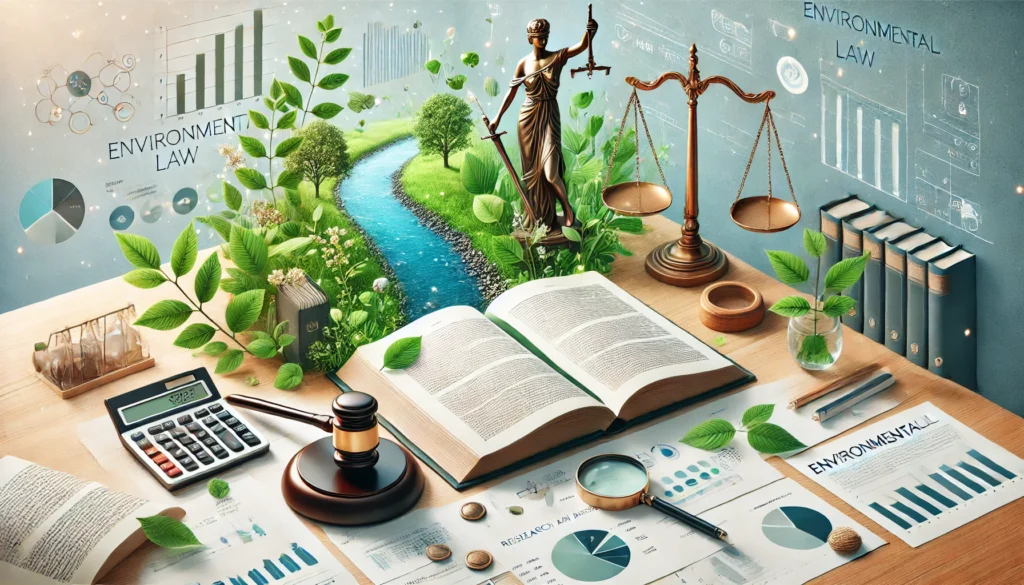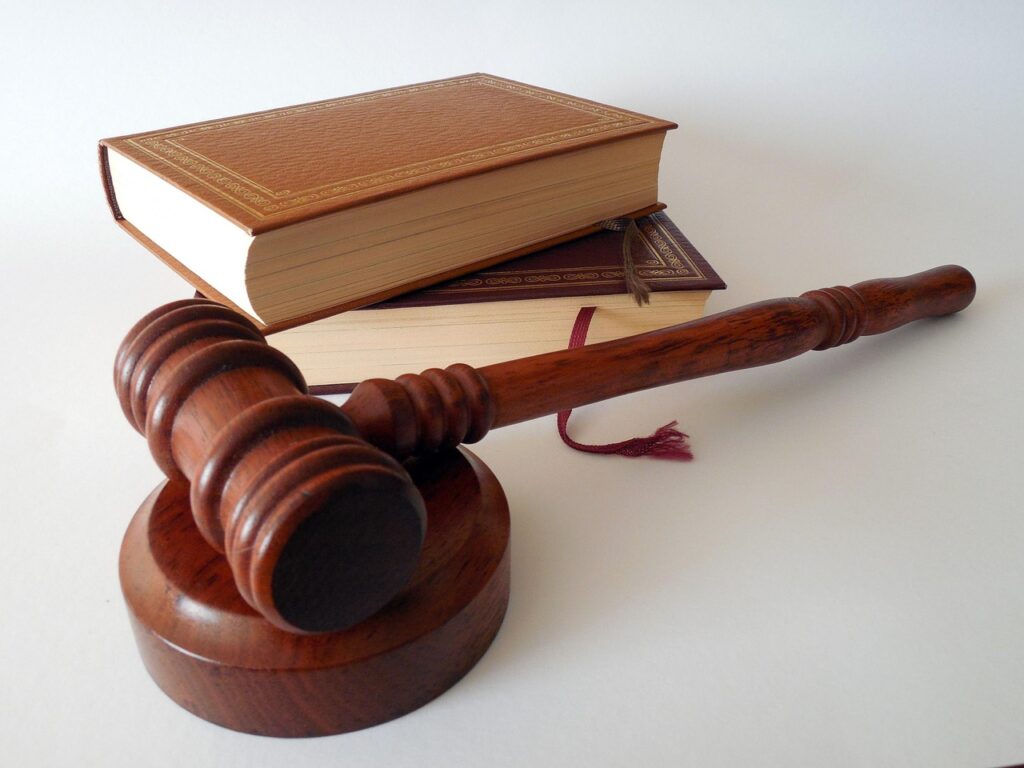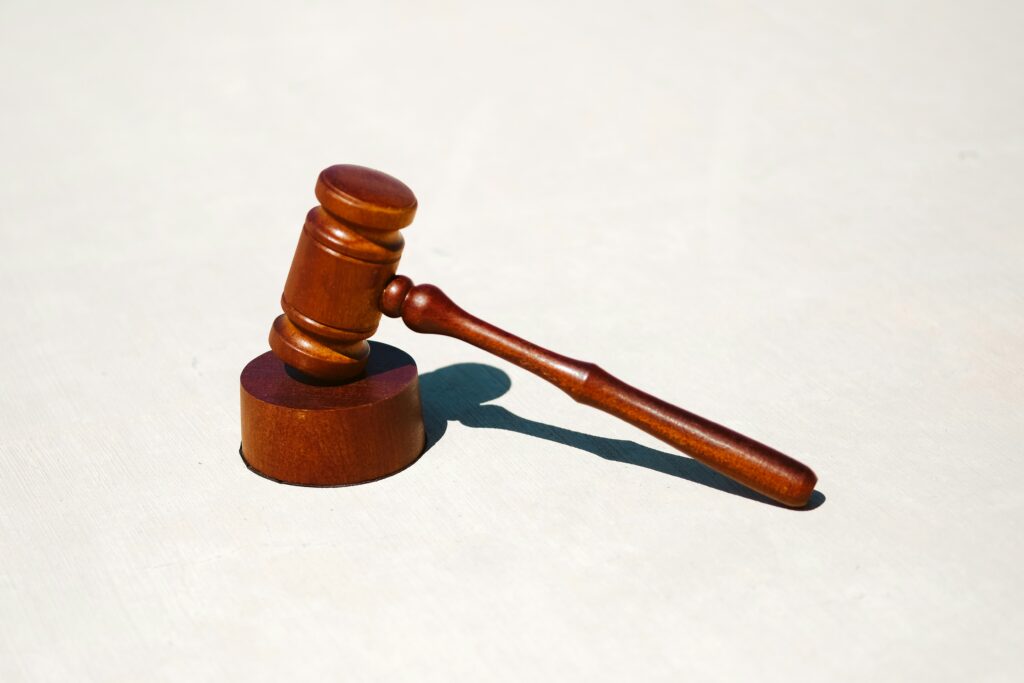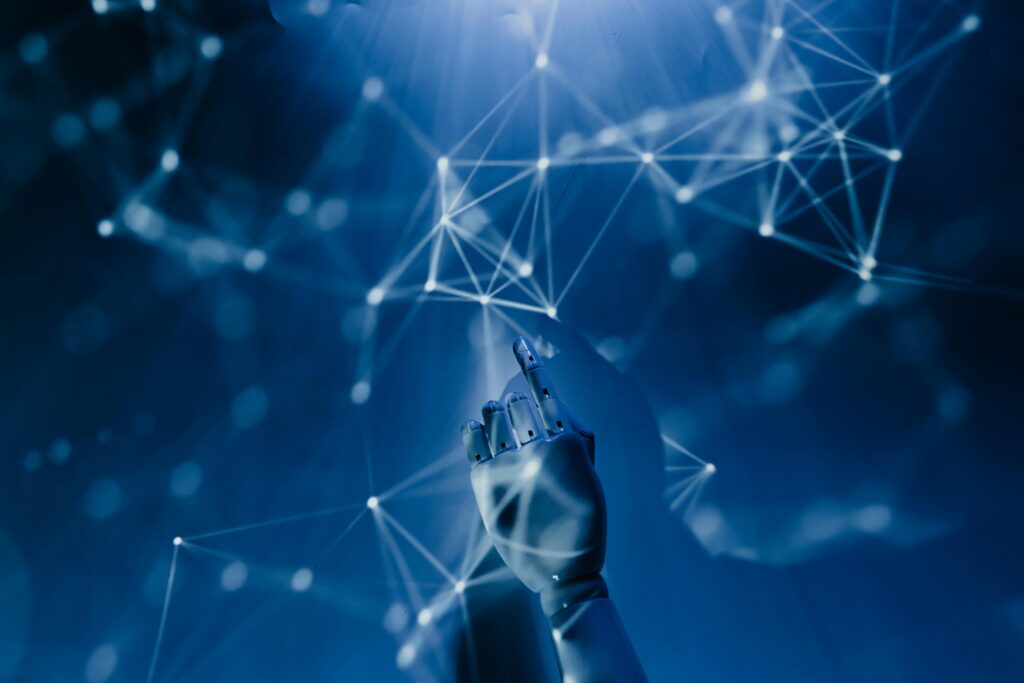Published On: 9th March, 2024
Introduction:
In the rapidly evolving landscape of technology, the question of intellectual property rights has become increasingly complex, particularly in the realm of software and artificial intelligence (AI). The debate over whether code can be copyrighted has sparked legal battles and policy discussions that shape the future of innovation. This article delves into the nuances of code copyright and the ongoing struggle for software and AI patents, exploring the challenges, controversies, and the evolving legal landscape.
Understanding] Code Copyright:
Code, the language that powers digital innovation, has become the backbone of countless applications and systems. The essence of the debate lies in whether this code can be protected under copyright law. Copyright traditionally safeguards original works of authorship, but applying this concept to lines of code has proven to be a contentious issue.
In many jurisdictions, the general consensus is that code is eligible for copyright protection. The expression of ideas and the creativity embedded in code can qualify it as an original work. However, copyright does not protect ideas or functionality, only the specific expression of those ideas. This has led to legal battles over the boundaries of protection, especially when it comes to APIs (Application Programming Interfaces) and functional aspects of software.
Challenges in Code Copyright:
One of the primary challenges in code copyright lies in distinguishing between the protectable expression of ideas and the utilitarian aspects that should remain open for innovation. This challenge becomes even more pronounced in the context of open-source software, where collaboration and sharing are fundamental principles.
Open-source software often operates under licenses like the GNU General Public License (GPL) or the Apache License, which allow for distribution and modification but come with specific conditions. The interpretation and enforcement of these licenses have triggered legal disputes, with developers navigating the fine line between collaboration and protecting their intellectual property.
The Fight for Software Patents:
Beyond copyright, the battle for software patents adds another layer of complexity. While copyright protects the expression of ideas in code, patents are designed to safeguard novel and non-obvious inventions. The patent system aims to encourage innovation by granting inventors exclusive rights for a limited time.
However, the question of what can be patented in the software realm has been a subject of controversy. Courts and patent offices grapple with defining the boundaries of patentable subject matter, particularly as software becomes an integral part of various industries. The debate often revolves around the balance between fostering innovation and preventing the over-patenting of basic concepts and algorithms.
Artificial Intelligence and Patent Challenges:
The advent of artificial intelligence has further intensified the struggle for patents. AI algorithms, often built upon complex mathematical models, raise questions about the eligibility of such innovations for patent protection. The debate includes issues of inventorship, as AI systems autonomously generate solutions without direct human intervention.
Countries and jurisdictions vary in their approaches to AI patentability. Some jurisdictions, like the European Patent Office, have guidelines for examining AI-related inventions, considering factors such as technical character and inventive steps. In contrast, others grapple with the question of whether AI systems can be recognized as inventors and, if so, who owns the rights to the inventions.
Emerging Legal Trends:
As technology continues to advance, legal frameworks must adapt to address the evolving challenges in code copyright and software and AI patents. Some legal trends are shaping the landscape, including the increasing importance of international cooperation and harmonization of intellectual property laws.
Courts and lawmakers are also grappling with the need for clarity in addressing emerging technologies. Specialized patent offices, dedicated to handling software and AI-related inventions, are being considered to ensure that experts with a deep understanding of the technology are involved in the decision-making process.
Conclusion:
The fight for intellectual property rights in the software and AI domains is a dynamic and evolving challenge. As technology continues to advance, legal frameworks and industry practices must strike a delicate balance between protecting innovation and fostering an open and collaborative environment.
Code copyright and software patents are at the intersection of legal, technological, and ethical considerations. The ongoing struggle reflects the broader quest to define the boundaries of intellectual property in a digital age where innovation knows no bounds. The resolution of these issues will not only shape the future of technology but also determine the extent to which society can harness the full potential of software and artificial intelligence.




